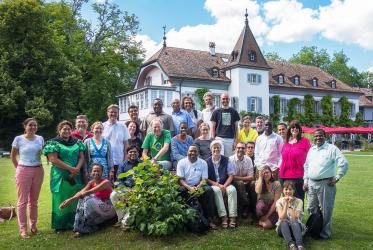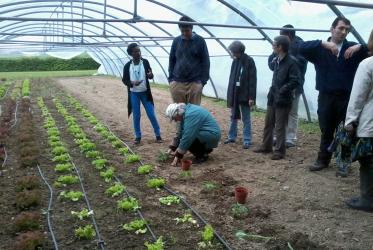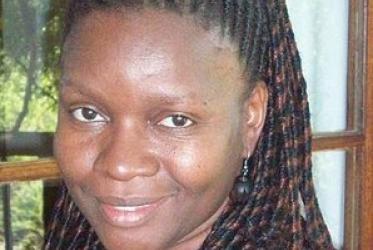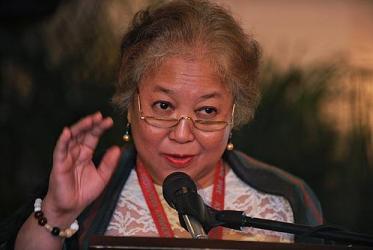Mostrando 101 - 120 de 143
Water network develops a theological framework for water justice
12 Diciembre 2014
Migration transforms how churches do theology
08 Septiembre 2014
Migração transforma o jeito das igrejas fazerem teologia
08 Septiembre 2014
WCC commission leadership selected
13 Agosto 2014
Addressing ecology, theology and justice in practice
01 Julio 2014
Seminars in Bossey will provide opportunities of ecumenical formation
05 Diciembre 2013
Living with God in the context of HIV and AIDS
27 Febrero 2013
Churches on the move amidst changing landscapes
26 Marzo 2012
CWME invokes new understanding of mission and evangelism
22 Marzo 2012
Responding to HIV with faith and courage
23 Enero 2012







